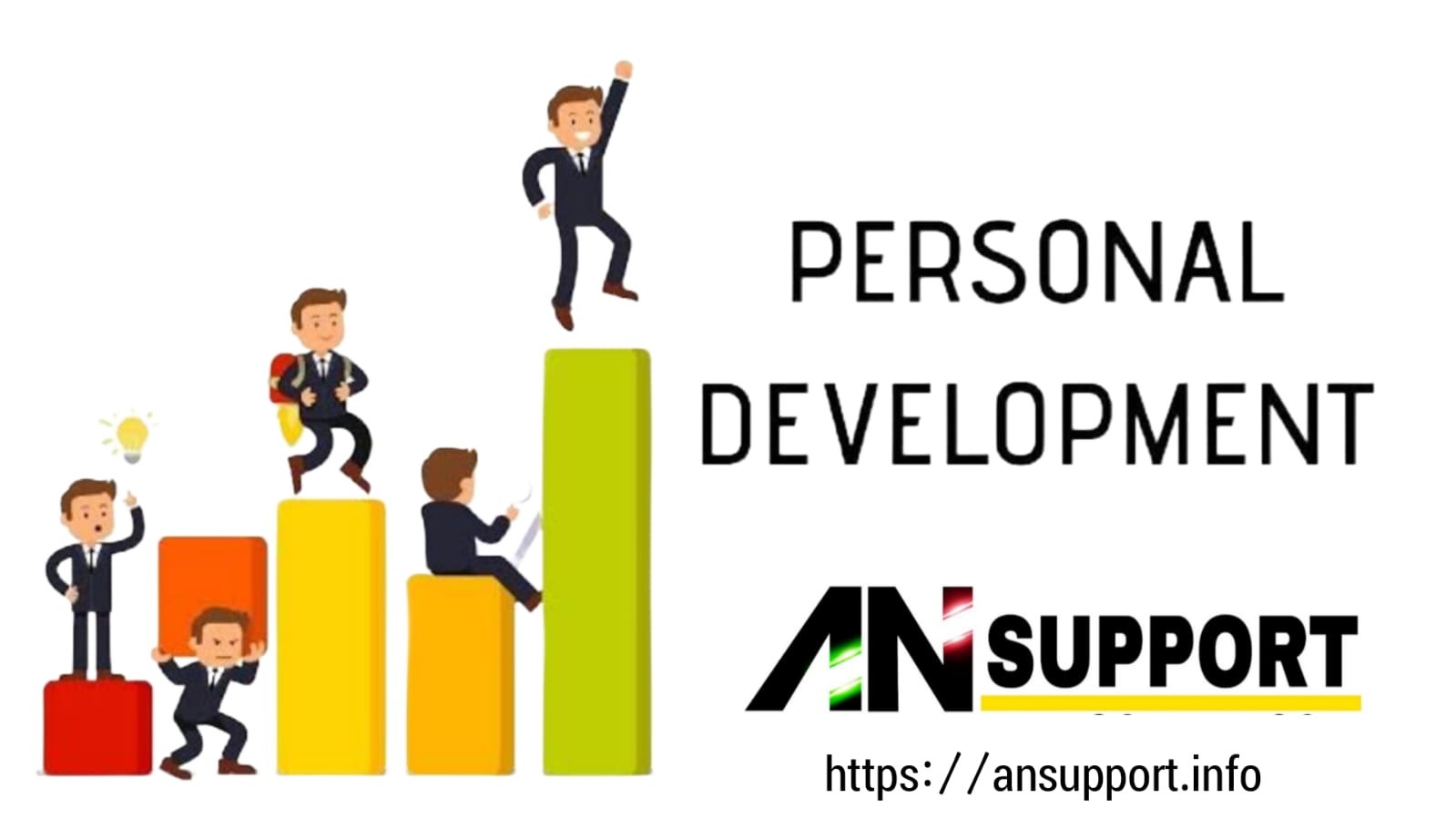Frequently asked interview questions


After graduating, initially one has to undergo a number Of Interviews. One can see that there is a lot of repetition in the questions. The following is a list of frequently asked questions on a job interview, as well as advice on what to be prepared for. This can help in improving your chances of getting a job.
Tell me about yourself
Answer in about two minutes. Avoid details, Touch on these four areas:
- How many years, doing what function
- Education credentials
- Major responsibility and accomplishments
- Personal summary of work style (plus career goals if applicable)
Prepare in advance using this formula:
- “My name is………….
- Worked for X years as a [title]”
- “Currently a [title] at [company]”
- “Before that, I was a [title] at [company]”
- “I love the challenge of my work, especially the major strengths it allows me to offer, including [A, B, and C) “.
- Second, help the interviewer by focusing the question with a question of your own: “What about me would be most relevant to you and what this company needs?”
What do you know about our organization?

Research the target company before the interview. Basic research is the only way to prepare for this question. Do your homework, and you will score big on this question. Talk about products, services, history and people, especially any friends that work there. “But I would love to know more, particularly from your point of view. Do we have time to cover that now?
What experience do you have?
Try to cite experience relevant to the company’s concerns. Also, try answering these questions with a question: “Are you looking for overall experience or experience in some specific area of special interest to you?” Let the interviewer’s response guide your answer.
In your current or last position, what were your most significant accomplishments? In your career so far?
Give one or two accomplishment statements
Would you describe a few situations in which your work was criticized?
Give only one, and tell how you have corrected or plan to correct your work
What are your strong points?
Present three. Relate them to that particular company and job opening.
What are your weak points?
Do not say you have one, but give one that is really a “positive in disguise.” I am sometimes impatient and do too much work myself when we are working against tight deadlines.” Or “I compliment and praise my staff, but feel I can improve.”
How long would it take you to make a meaningful contribution to our firm?
“Not long, because of my experience, transferable skills and ability to learn.”
Why do you want to become a supervisor?
“To grow and develop professionally, to help others develop, to build a team and to share what I have learned.”
Why are you leaving your present position?
Never answer with negative reasons, even if they are true. However, some companies have financial problems which may preclude you from staying with them. Frame your answer positively by answering why you want to move to the target company instead of why you left or want to leave your most recent job. For example, instead of answering, “I don’t get enough challenges at [company].” respond, “I am eager to take on more challenges, and I believe I will find them at [hiring company). However, this opportunity seems to be particularly interesting and I am interested in pursuing it further. Keep it short, give a “group” answer (e.g. our office is closing; the whole organization is being reduced in size). Stick to one response; do not change answers during the interview.
Describe what would be an ideal working environment?
Teamwork is the key.
How would you evaluate your present firm?
Be positive. Refer to the valuable experience you have gained. Donot mention negatives.
How would you evaluate your present firm?
Be positive. Refer to the valuable experience you have gained. Don’t mention negatives.
Why do you want to work in a company of this size? Or this type?
Explain how this size or type of company works well for you, using examples from the past if possible.
If you had your choice of jobs and companies, where would you go?
Refer to job preferences. Say that this job and this company are very close to what best suits you.
Why do you want to work for us?
You feel you can help achieve the company’s objectives, especially in the short run. You like what you have learned about the company, its policies, goals and management: “I have researched the company and people tell me its a good place to work.”
What was the last book you read? Movie you saw? Sporting event you attended?
Think this through. Your answer should be compatible with accepted norms.
What was wrong with your last company?
Again, choose your words carefully. Don’t be negative. Say that no company is perfect, it has both strengths and weaknesses.
How have you helped your company?
Refer to accomplishments.
What is the most money you ever accounted for?
Refer to accomplishments. If you have not had budget responsibility, say so, but refer to an accomplishment that demonstrates the same skill.
What is the most difficult situation you ever faced on the job?

Remember, you are talking to a prospective employer, not your best friend. Don’t tell a catastrophe that resulted in a personal or corporate failure. Be ready for this question by thinking of a story that has a happy ending for you and your company. Never digress into personal or family difficulties, and don’t talk about problems you have had with supervisors or peers. You might discuss a difficult situation with a subordinate, provided that the issues were resolved inventively and to everyone’s satisfaction.
Describe some situations in which you have worked under pressure or met deadlines?
Refer to accomplishments. Everyone has had a few of these pressure situations in a career. Behavior-related questions aim at assessing a candidate’s character, attitude, and personality traits by asking for an account of how the candidate handled certain challenging situations. Plan for such questions by making a list of the desirable traits relevant to the needs of the industry or prospective employer and by preparing some job related stories about your experience that demonstrate a range of those traits and habits of conduct. Before answering the questions, listen carefully and ask any clarifying questions you think necessary. Tell your story and conclude by explaining what you intended your story to illustrate. Finally, ask for feedback: “Does this tell you what you need to know?”
How do you handle rejection?
Rejection is part of business. People don’t always buy what you sell. The trick here is to separate rejection of your product from rejection of yourself: “I see rejection as an opportunity. I learn from it. When a customer takes a pass, I ask him what we could do to the product, price or service to make it possible for him to say yes. Don’t get me wrong: You have got to make sales. But rejection is valuable, too. He is a good teacher.”
Give examples of your leadership abilities.
Draw examples from accomplishments.
What are your career goals?
Talk first about doing the job for which you are applying. Your career goals should mesh with the hiring company goals.
What position do you expect to have in two years?
Just say you wish to exceed objectives so well that you will be on a promotable track.
Why should we hire you?
This may sound suspicious, negative, or just plain harsh. Actually, its a call for help. The employer wants you to help him/her hire you. Keep your response brief. Recap any job requirements the interviewer may have mentioned earlier in the interview, then, point by point, match your skills. abilities and qualifications to those items. Relate a past experience which represents success in achieving objectives which may be similar to those of the prospective employer.
You may be over-qualified or too experienced for the position we have to offer.
“A strong company needs a strong person.” An employer will get faster return on investment because you have more experience than required.
How much do you expect if we offer this position to you?
Be careful. If you don’t know the market value, return the question by saying that you would expect a fair salary based on the job responsibilities, your experience and skills and the market value of the job. Express your interest in the job because it fits your career goals. Receptive to a reasonable and competitive offer, don’t talk. It is always best to put off discussing salary. I am open to a competitive offer. I would prefer to discuss the opportunity and allow my recruiter, if any, to handle any salary questions.
Other Post: Interview Techniques/ Planning for the Interview


